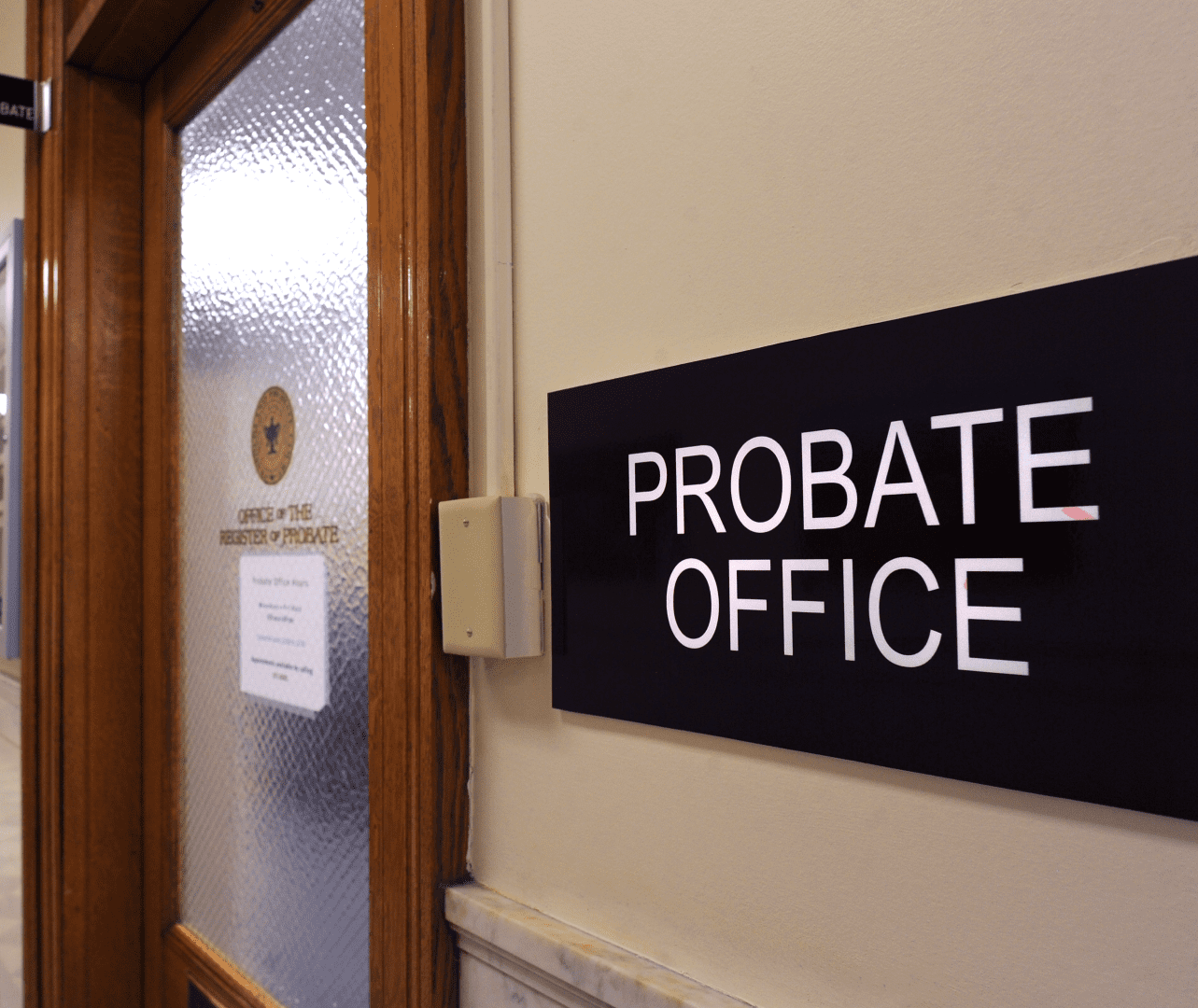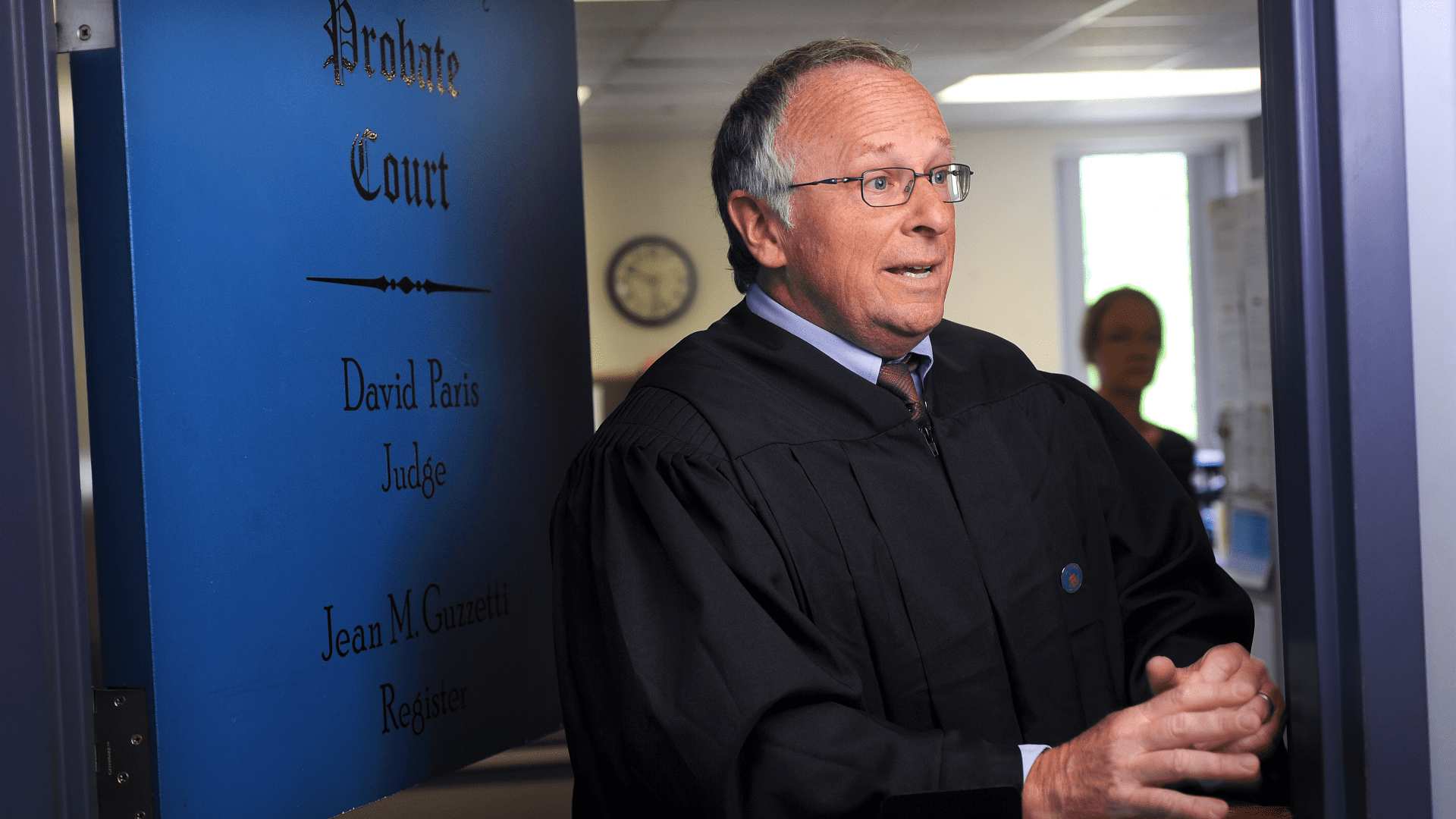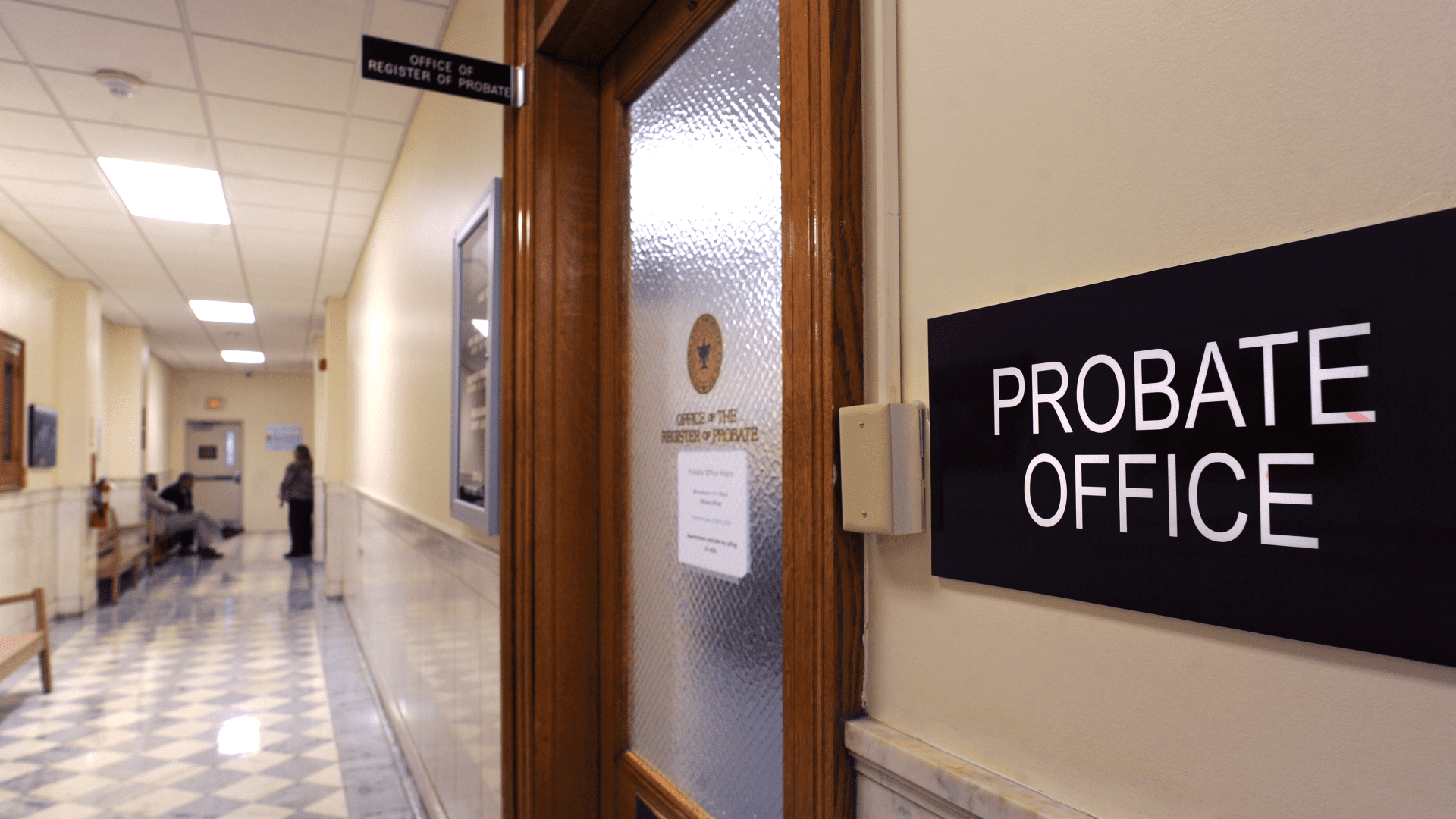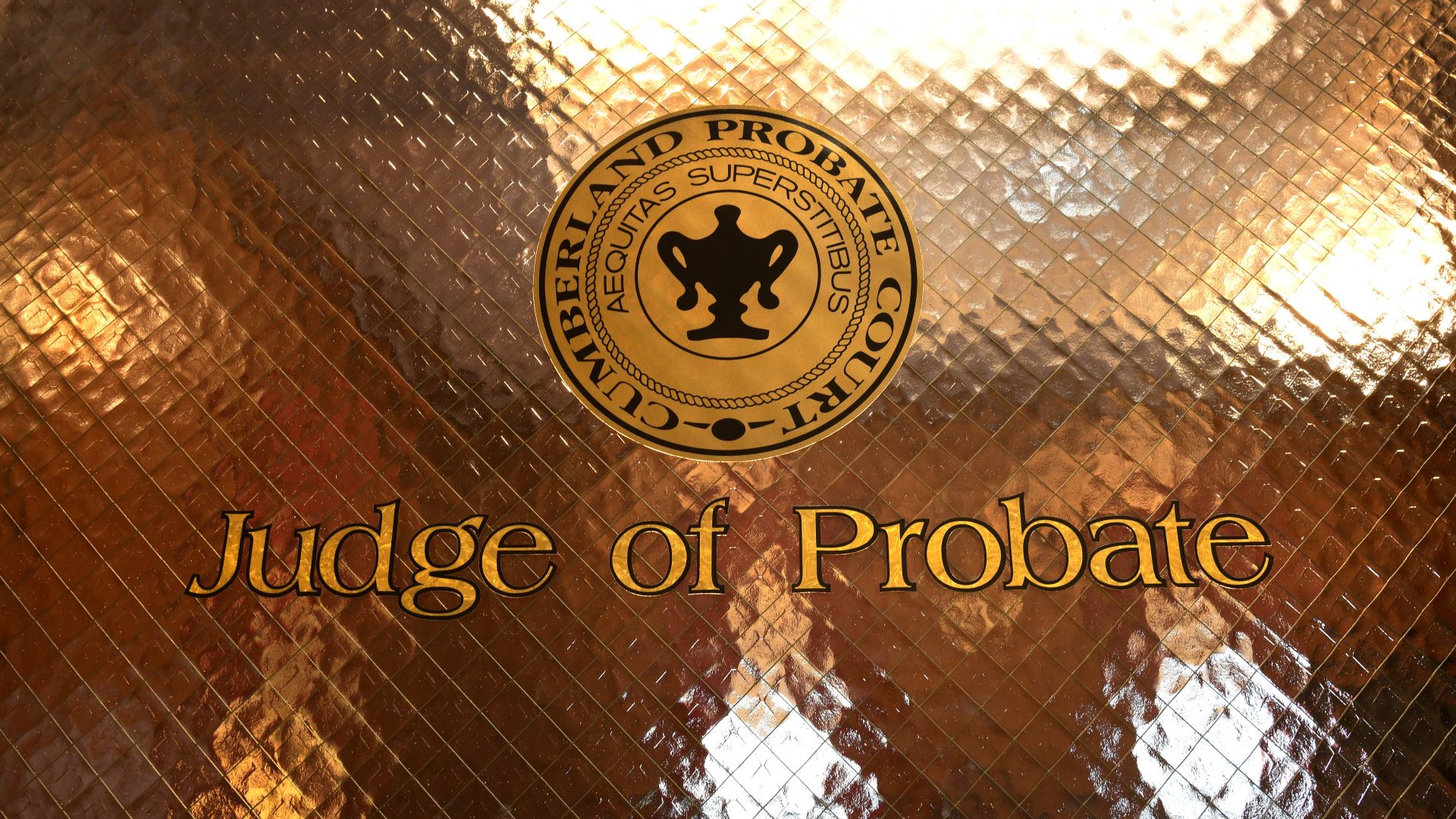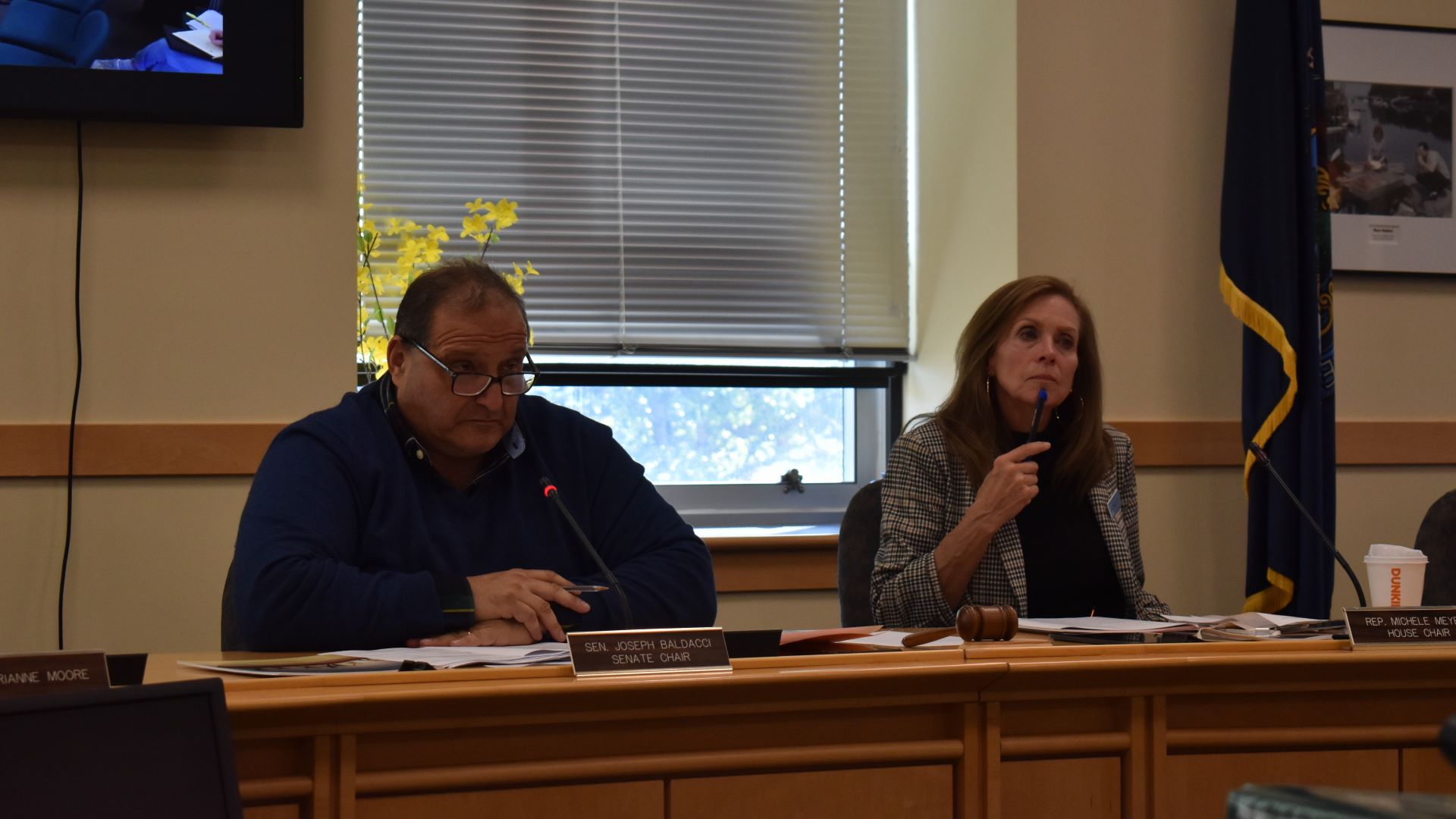Maine’s probate courts stand alone. Their judges are part-time and elected, and they operate independently from each other and the state supreme court. Voters passed a constitutional amendment 56 years ago to make probate judges full-time, but legislators have not approved a plan to implement the will of the voters.
Probate courts are responsible for adult guardianships, which restrict an adult’s right to make choices and instead delegate those decisions to another person. The Maine Monitor sent a survey to the 16 county probate courts and received responses from 10 that revealed some probate courts do little to assess the fitness of a guardian before or after they are appointed. Some probate courts did not even know if the adults under guardianship were alive or dead.
Using Office of the Chief Medical Examiner data, The Monitor revealed that eight adults under public guardianship of the state had died in unexplained ways in the past three years. They died of what medical examiners described as “undetermined” circumstances, while noting that over-medication was the cause of several of those deaths. The news prompted immediate cries from state lawmakers for better oversight of guardians and renewed calls for reform to the probate courts that has been long overlooked despite serving thousands of Mainers.


FEATURED STORY:
Calls to overhaul Maine probate courts have stalled for half a century. The most vulnerable people may be at risk.
All Stories:

